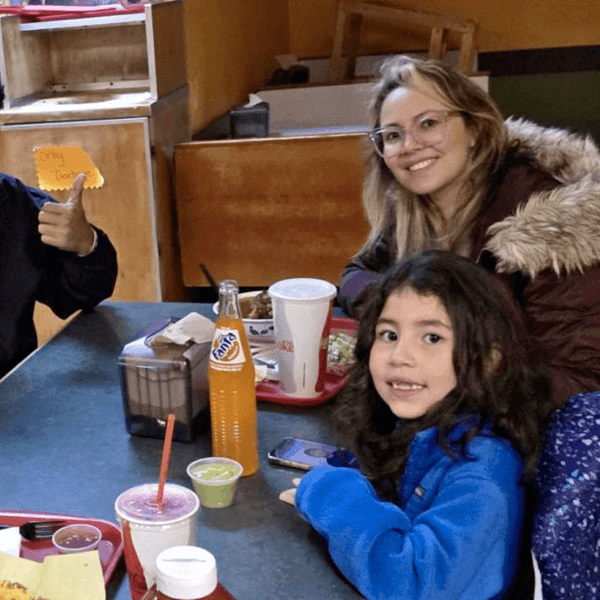President Obama's plan to allow Central American children to apply for refugee status in their home country is a step in the right direction to protect vulnerable kids and young adults. Still, there is more the president and Congress can do to provide for the best interests of the children who are seeking safety and an opportunity for a better life in the United States.
The administration's plan provides youth with an alternative to the treacherous conditions of traveling to the U.S. border. By trekking from Central America through Mexico, they face the threats of gang violence or recruitment, rape or sexual assault, or human trafficking and exploitation (pdf). By having the option to apply to become refugees in-country, these children can seek the U.S. government's assistance by showing how they are endangered by the crime and violence in their respective countries.
But allowing children to apply for refugee status may not stave the flow of minors willing to make the dangerous journey to flee the violence and severe poverty of their home countries. Children are desperately trying to escape from Honduras, which has the world's highest homicide rate, El Salvador, which is rife with gang violence, and Guatemala, which has been plagued with poverty. With the specifics for in-country processing still to be worked out, these young people who are facing extreme violence every day may not have the luxury of waiting for their applications for refugee status to be approved.
Moreover, although the number of unaccompanied minors dropped in August, the 4,000 slots allocated for refugees from Latin America and the Caribbean for fiscal year 2015 is grossly insufficient.
In June alone, more than 10,000 unaccompanied minors crossed the U.S. border and in the ten months since October 2013, nearly 63,000 children have been identified at the border. The administration needs to increase the number of slots allocated for refugees from Latin America or complement this plan with other humanitarian relief to make an impact.
All of this doesn't include the children that U.S. Customs and Border Protection (CBP) has already picked up at the border who need to be carefully screened for protection claims. During their arduous journey, many of the children have been hurt or victimized in a crime, including human trafficking. A quarter of the clients served by the Freedom Network (USA), a national alliance of experienced advocates working with survivors of all forms of human trafficking, are from Central America and Mexico. Under the Trafficking Victims Protection Act, these children are entitled to a court hearing to determine whether they need valuable services and qualify for assistance as victims of this serious crime. But the aim should be to prevent the abuse and trafficking from taking place at all.
The administration and Congress can do more to help these vulnerable children. They should prioritize funding for immigration courts so they can evaluate the needs of tens of thousands of children that have fled to the United States. They should also increase funding for HHS to provide shelter and services for these minors. Finally, the Department of Homeland Security should provide them with an explanation of their rights and a list of free, local service providers so they can have adequate legal assistance.
The president's plan should be only the first step in assisting these vulnerable children.



